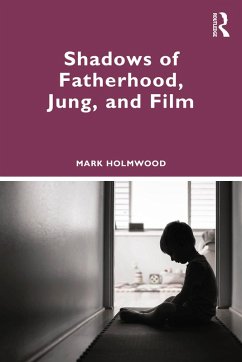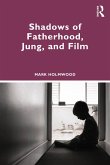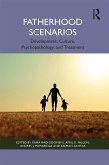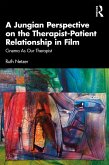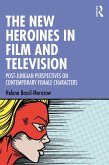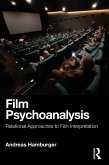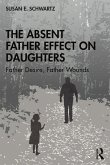Dieser Download kann aus rechtlichen Gründen nur mit Rechnungsadresse in A, B, BG, CY, CZ, D, DK, EW, E, FIN, F, GR, HR, H, IRL, I, LT, L, LR, M, NL, PL, P, R, S, SLO, SK ausgeliefert werden.
Professor Simon Macklin, University for the Creative Arts, UK
'Holmwood brilliantly explores the intertwining of masculinity studies and psychosocial approaches in this penetrating study of negative father figures and the traumas they inflict on their children. The book simultaneously reminds us of the wounds that absent, abusing or violent fathers cause, but also highlights the children's possibility of renewal and overcoming difficulties. This is a vital contribution to fatherhood studies, grounded in Jungian theories and extensive, original analysis of Hollywood and international films.'
Dr Elena Caoduro, Queen's University Belfast, UK

